The Movie Book (Big Ideas Simply Explained) (2016)
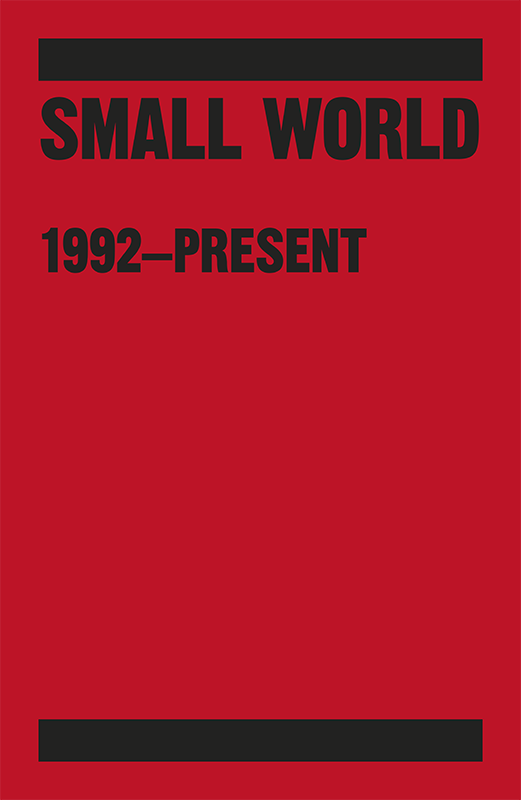
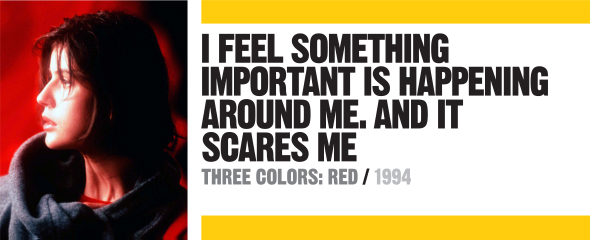
IN CONTEXT
GENRE
Drama
DIRECTOR
Krzysztof Kieslowski
WRITERS
Krzysztof Kieslowski, Krzysztof Piesiewicz
STARS
Irène Jacob, Jean-Louis Trintignant
BEFORE
1987 In Blind Chance, Kieslowski explores the influence of chance and choice in three alternate stories about a man catching a train.
1991 Kieslowski teams up with Irène Jacob for the first time with The Double Life of Veronique.
AFTER
2002 Kieslowski’s last screenplay, Heaven, is directed by Tom Twyker and stars Cate Blanchett. It had been written as the first in a new trilogy.
Three Colors: Red is the final part of Krzysztof Kieslowski’s trilogy based on the three colors of the French flag: red, white, and blue. Each movie explores one of the three ideals of the French Revolution: liberty in Blue (1993), equality in White (1994), and, in Red, fraternity. Red is the warmest, most sympathetic of the three movies, featuring an affecting performance by Irène Jacob as Valentine.
Set in Geneva, Switzerland, the movie, shot through with symbolic red, tells what at first seem to be stories of separate lives, until deeper connections emerge. The central story is of a young model, Valentine, who accidentally runs over a dog with her car. She takes the dog to its owner, a reclusive former judge, Joseph Kern (Jean-Louis Trintignant). Valentine and Kern form a strange rapport, such that, had they not missed each other by a mere 40 years, they may have fallen in love.
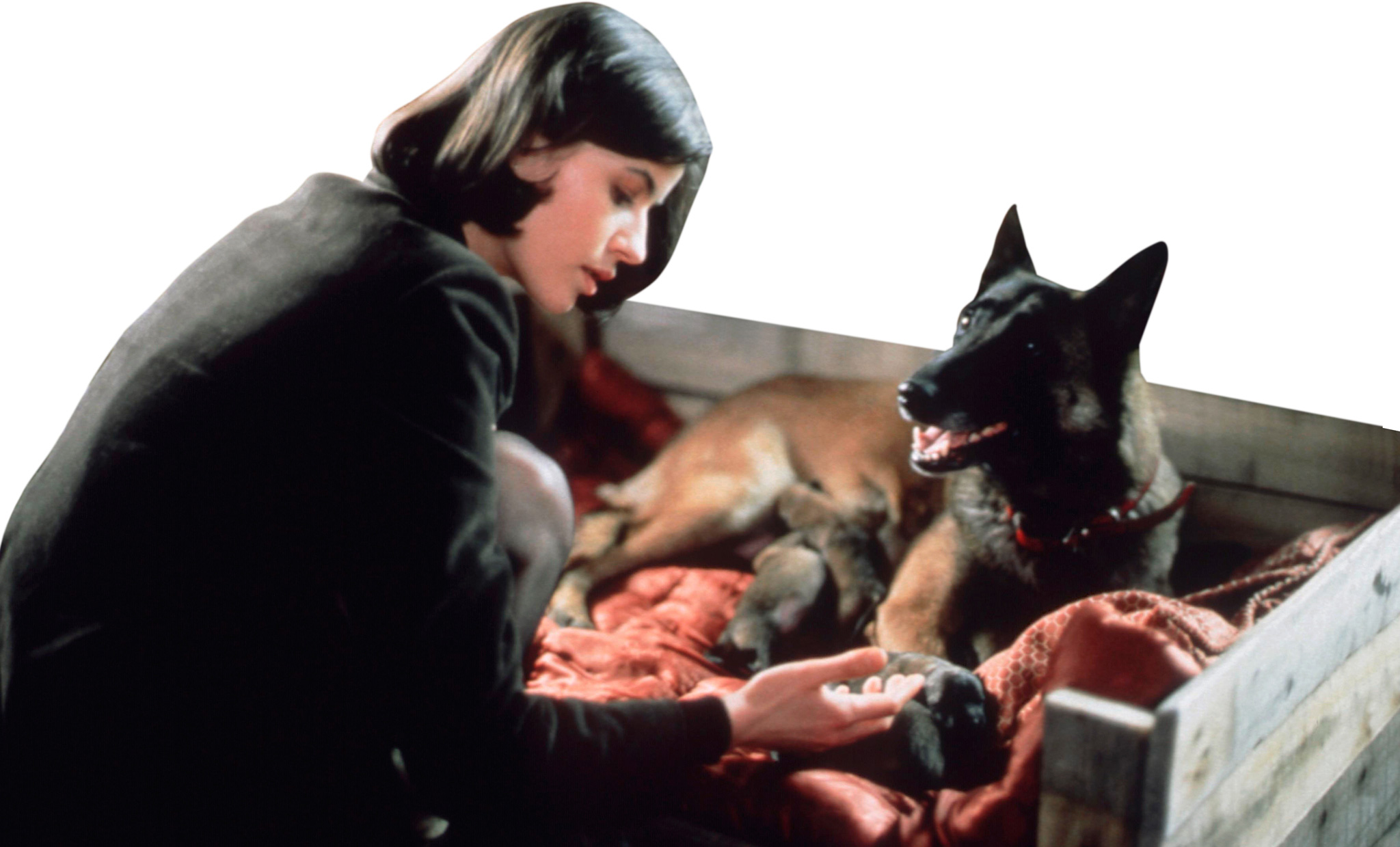
Valentine (Irène Jacob) discovers that the dog she injured is pregnant. Kern gives the dog to her when she returns it to him.
Reclusive observer
Kern has resigned from his career. Tired of passing judgement, he now simply wants to be an observer. He watches life from his windows and eavesdrops on his neighbors’ telephone conversations. It eventually transpires that one of those on whom he eavesdrops is a young judge, Auguste—Valentine’s neighbor whom she’s never met. In an uncanny echo of Kern’s own past, Auguste is being betrayed by his weather-girl partner Karin.
Kern convinces Valentine to try to mend her relationship with her boyfriend in England. She takes his advice, but fate has different plans, bringing together Valentine and her neighbor.
Underpinning the movie is a concern with the fraternity of human souls across time and gender. Those bonds can easily be lost to false connections—like the phone lines that seem to link Valentine and her lover and that Kern eavesdrops on, and like the windows through which the judge spies, which give the illusion of contact but make real connection impossible. Only once the glass is shattered can a real bond, a real physical connection between people, be restored.
Yet the two main characters manage to relate to one another in a way that enriches the lives of both of them, and this clear truth adds a warm feeling to the movie’s enigmatic ending. There is no obvious sense or clear message to be absorbed as the closing credits roll by, merely an impressionistic reflection on the lives we have been eavesdropping on for a brief time.
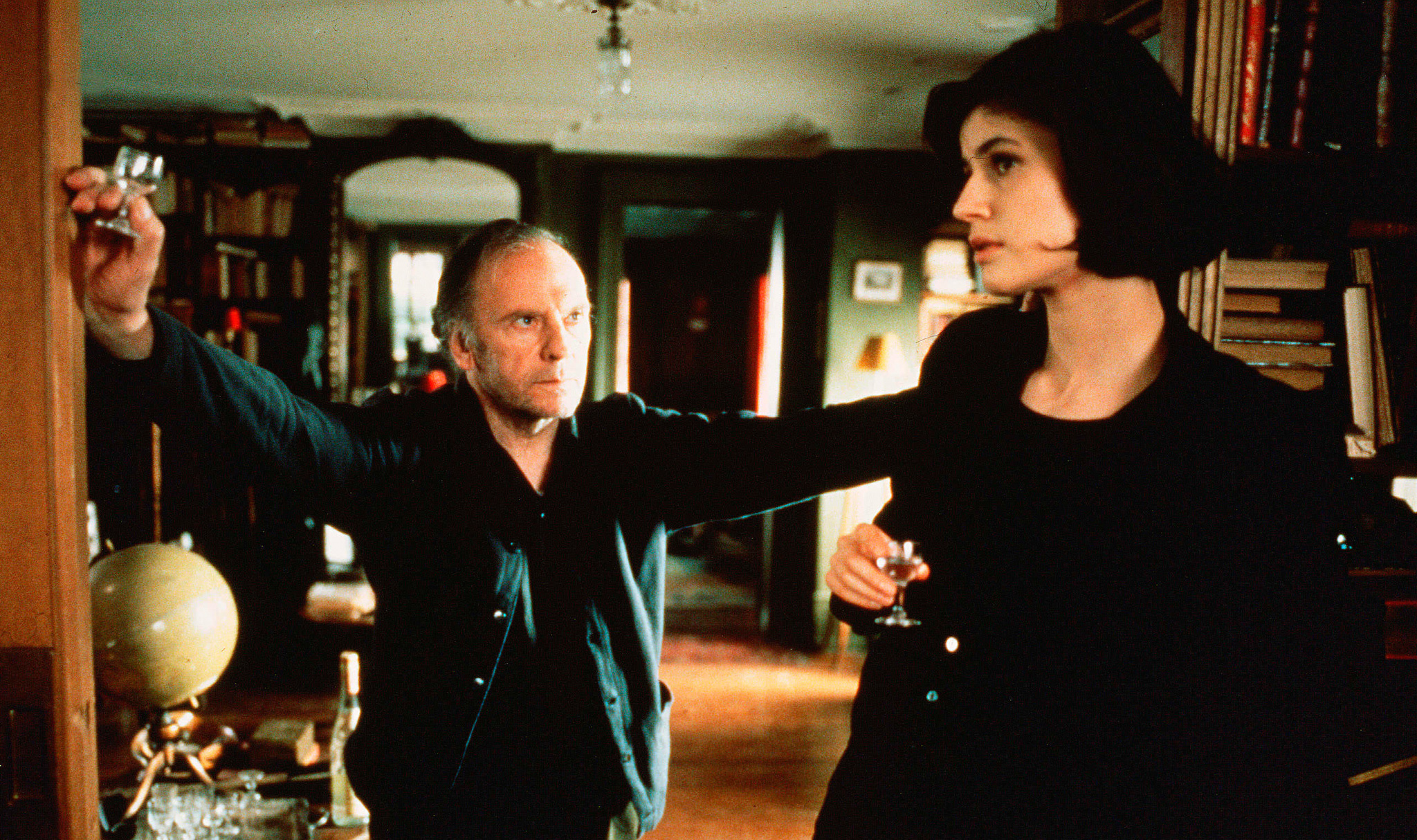
Kern (Jean-Louis Trintignant) reevaluates his life after meeting Valentine. But before he can give her the advice he thinks she needs, he must first do the right thing himself.
KRZYSZTOF KIESLOWSKI Director
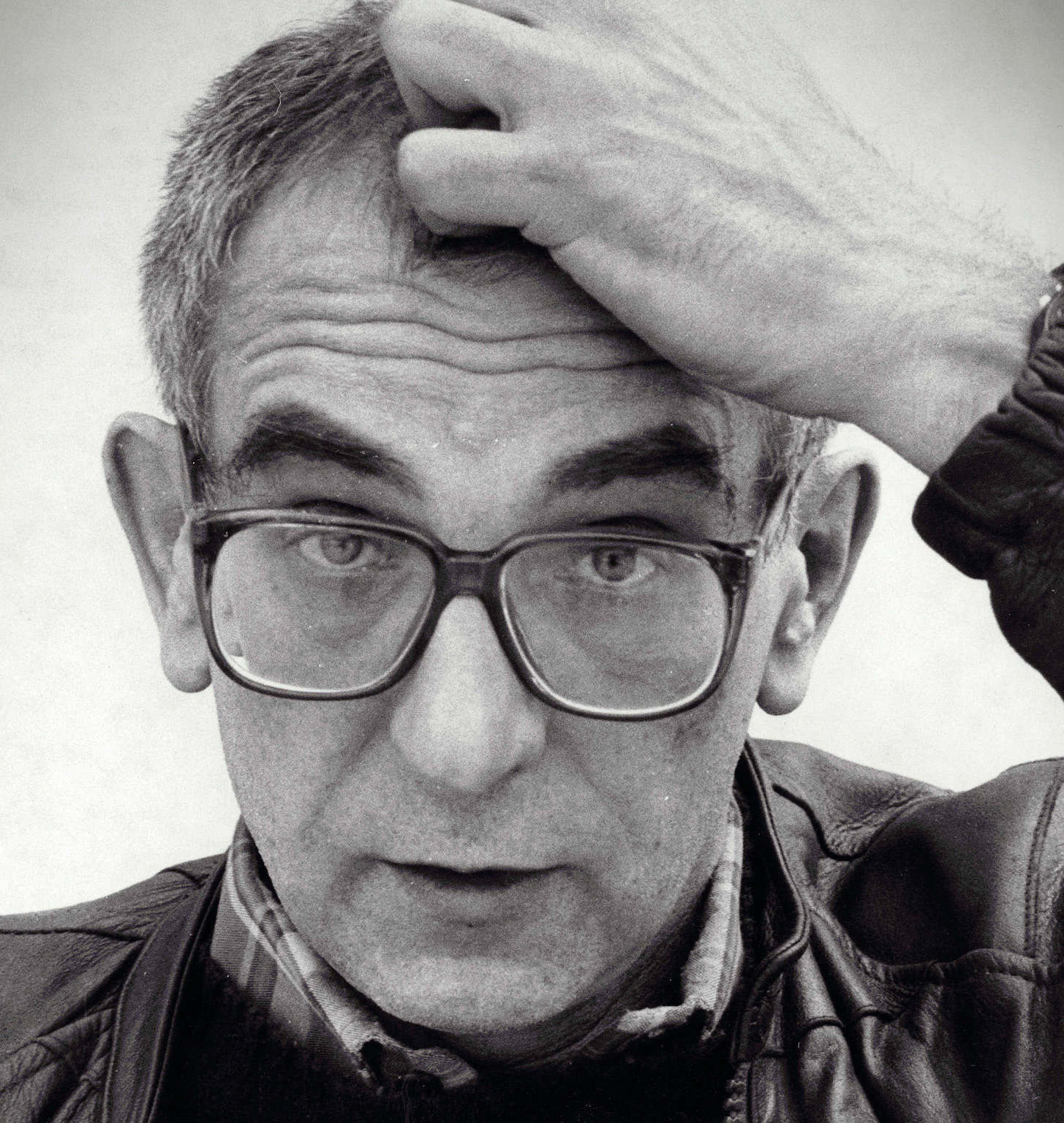
Polish director Krzysztof Kieslowski is renowned for his moving meditations on the human spirit. He was born in Warsaw in 1941. His father suffered from TB, so his childhood was nomadic, as the family moved around sanatoriums. At 16 he tried training as a fireman, then as a theater technician, before finally enrolling at the Lódz film school. He made documentaries in the 1960s which were skilled in getting across subversive messages that the authorities would miss. His first major hit movie, The Double Life of Veronique, explored human emotion through the lives of two identical women, one Polish and the other French. He then followed with his lauded Three Colors trilogy before surprisingly announcing his retirement. He died suddenly in 1996, at just 54.
Key movies
1988 A Short Film about Killing
1989 Decalogue
1991 The Double Life of Veronique
1994 Three Colors: Red
What else to watch: Ashes and Diamonds (1958) ✵ We Have to Kill This Love (1972) ✵ Europa, Europa (1990) ✵ The Double Life of Veronique (1991)